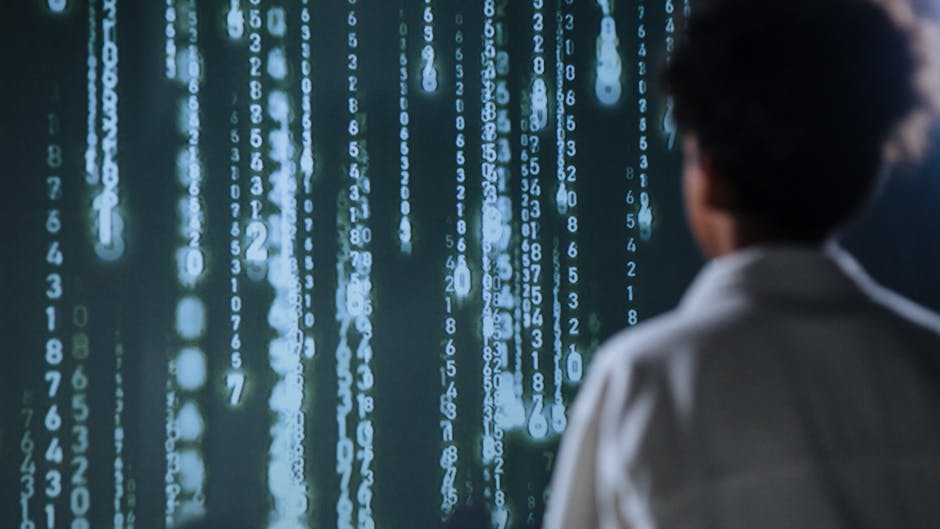The rapid advancement of artificial intelligence (AI) has sparked a wave of anxieties—will robots take our jobs? Will AI surpass human intelligence and render us obsolete? While the fear of AI replacing humans entirely is a valid concern often explored in science fiction, the reality is far more nuanced and, arguably, more profound. AI won’t replace us; it will fundamentally change what it means to be human. This transformation is already underway, reshaping our work, our relationships, and our very understanding of ourselves.
The Shifting Landscape of Work:
The narrative of AI stealing jobs is pervasive, and to some extent, true. Automation driven by AI will undoubtedly displace certain roles. Repetitive, data-heavy tasks are prime candidates for AI-powered automation, impacting sectors like manufacturing, data entry, and even aspects of customer service. However, this displacement is not necessarily a net loss. Instead, it presents an opportunity for humans to focus on tasks that require uniquely human skills: creativity, critical thinking, emotional intelligence, and complex problem-solving.
AI can handle the mundane, freeing us to focus on innovation, strategic planning, and fostering genuine human connections. This shift necessitates a focus on reskilling and upskilling the workforce, equipping individuals with the skills needed to thrive in an AI-augmented world. This includes developing competencies in areas such as AI ethics, data literacy, and human-computer interaction. Investing in education and training programs is crucial to navigate this transition effectively and ensure a smooth integration of AI into the workforce.
Redefining Human Relationships:
AI’s impact extends beyond the workplace. Our personal lives are increasingly intertwined with AI-powered technologies, from smart assistants like Siri and Alexa to personalized recommendations on streaming services. These technologies are changing the way we interact with information and each other. While some may fear the erosion of human connection due to increased reliance on technology, a different perspective emerges. AI can enhance communication and bridge geographical divides, facilitating connections that may otherwise be impossible. Consider online translation tools powered by AI, enabling seamless communication across language barriers, or AI-powered assistive technologies that help people with disabilities connect and participate more fully in society.
However, it’s crucial to acknowledge the potential downsides. The increasing sophistication of AI-powered chatbots and virtual companions raises questions about the nature of human connection and the potential for emotional dependence on artificial entities. Maintaining a healthy balance between human interaction and AI assistance is critical to ensure that technology complements, rather than replaces, meaningful human relationships.
The Evolution of Human Identity:
Perhaps the most profound impact of AI will be on our understanding of what it means to be human. As AI systems become increasingly sophisticated, capable of complex reasoning and even exhibiting creative abilities, we will be forced to re-evaluate our own definition of intelligence and consciousness. This questioning will undoubtedly lead to a deeper understanding of ourselves, pushing us to explore the unique aspects of human experience that AI cannot replicate: our capacity for empathy, our moral compass, our capacity for love and loss.
This process of self-discovery might even lead to a renewed appreciation for human qualities, fostering a more compassionate and understanding society. Understanding the limitations of AI will illuminate the strengths and irreplaceable value of human capabilities.
Embracing the Future:
The future is not a binary choice between humans and AI. It is a collaborative future where humans and AI work together, complementing each other’s strengths. By proactively addressing the ethical and societal implications of AI, investing in education and reskilling initiatives, and fostering a culture of responsible innovation, we can harness the power of AI to enhance human potential and build a more equitable and prosperous future. The evolution brought about by AI is not about replacement, but about a transformative, evolving definition of what it truly means to be human.


